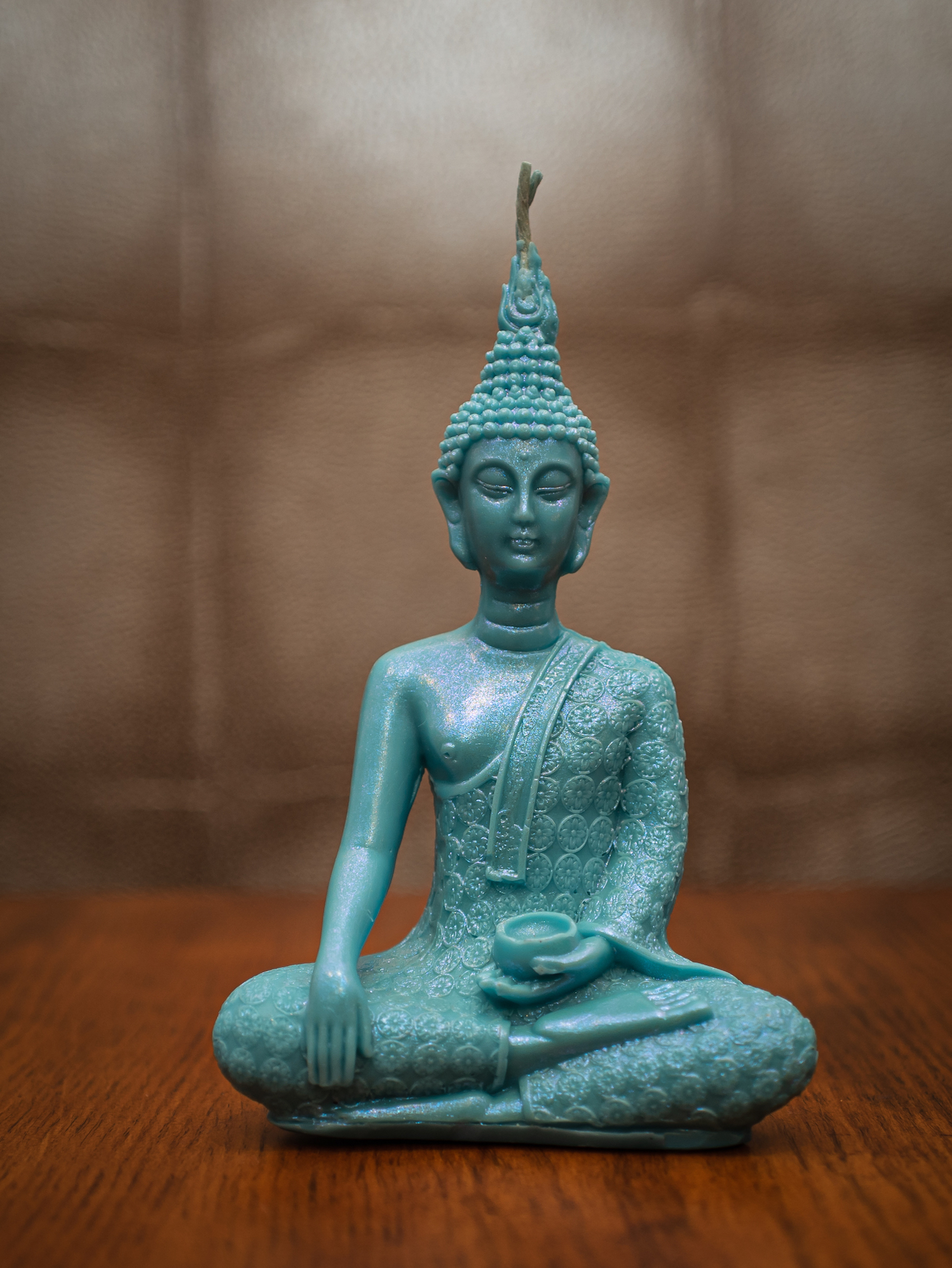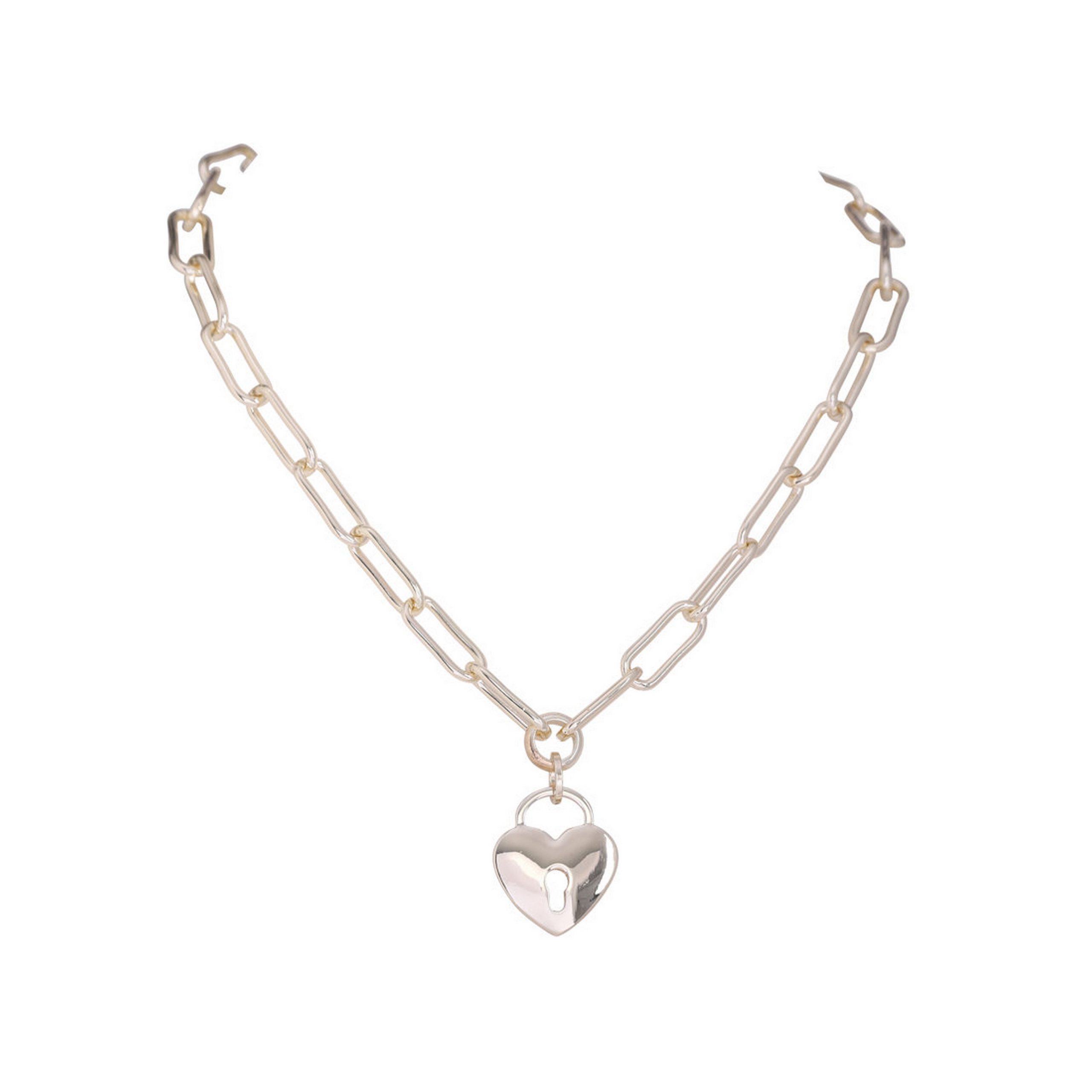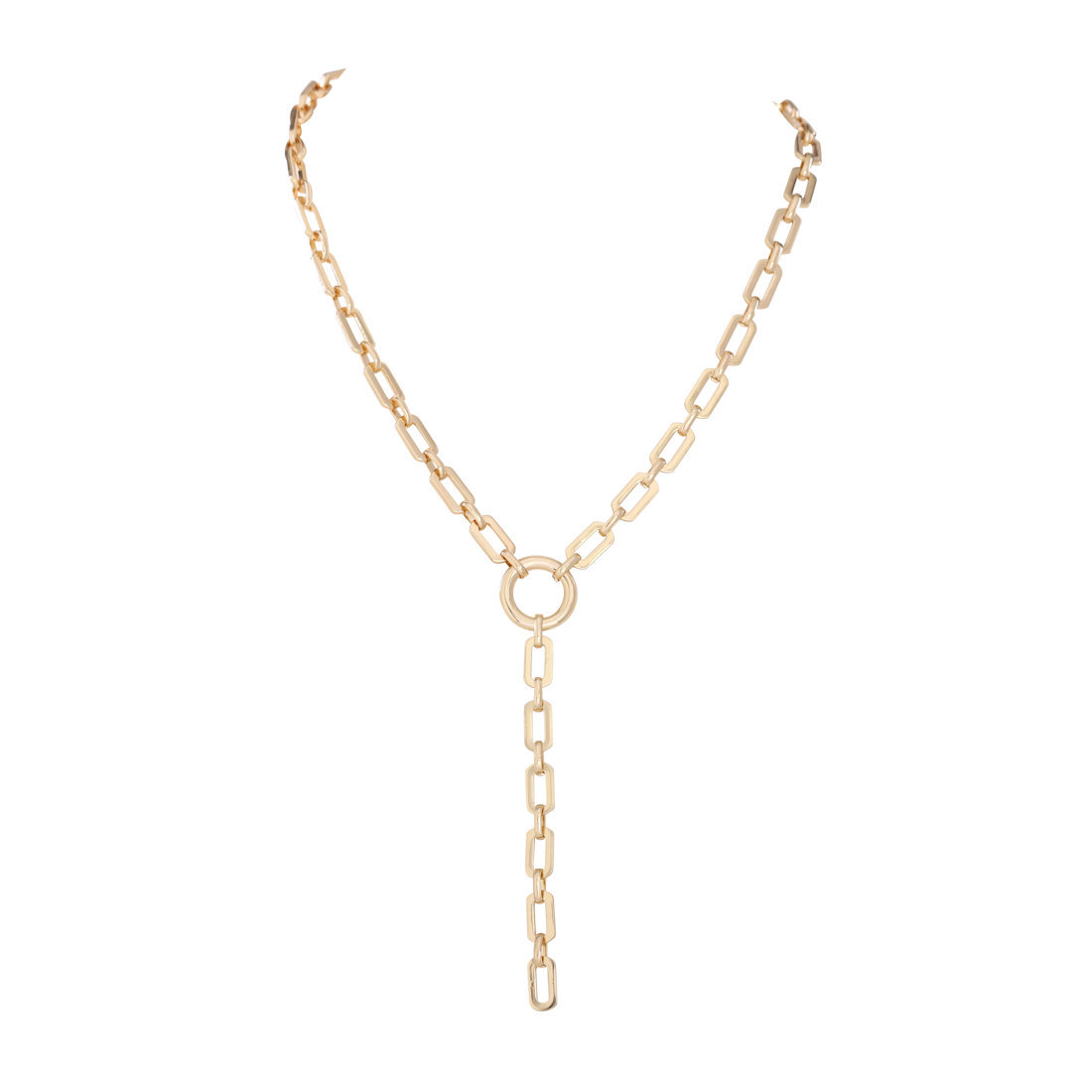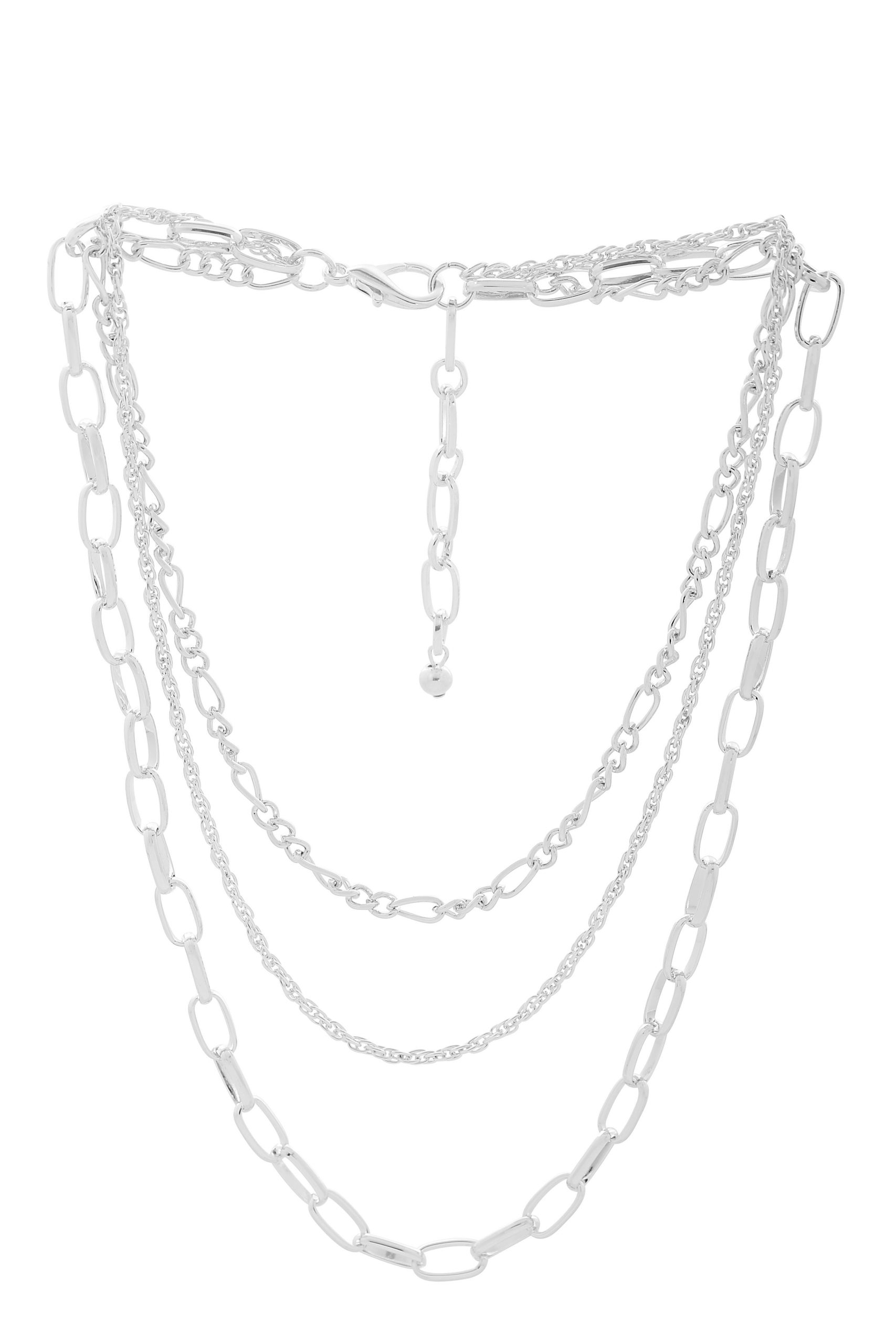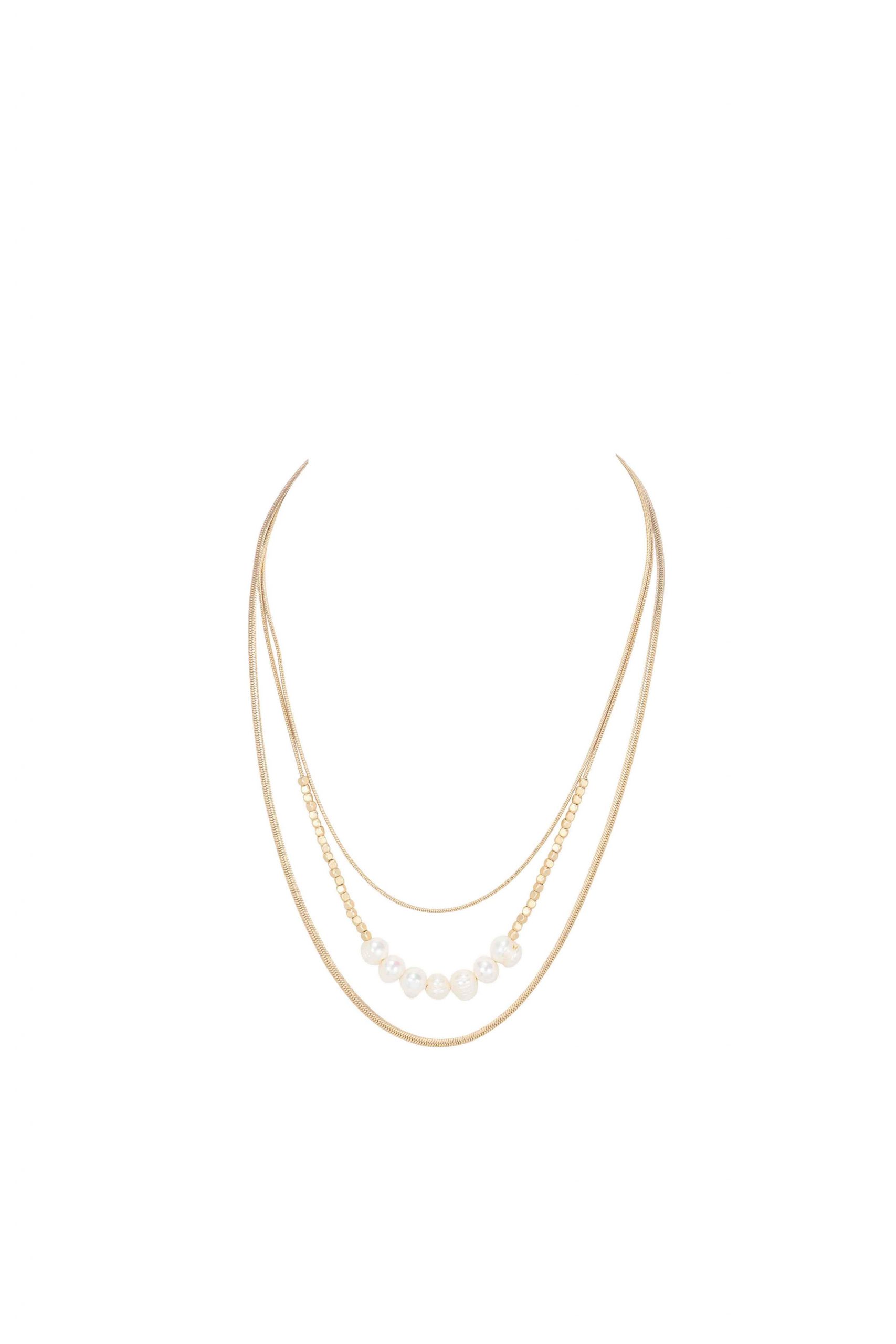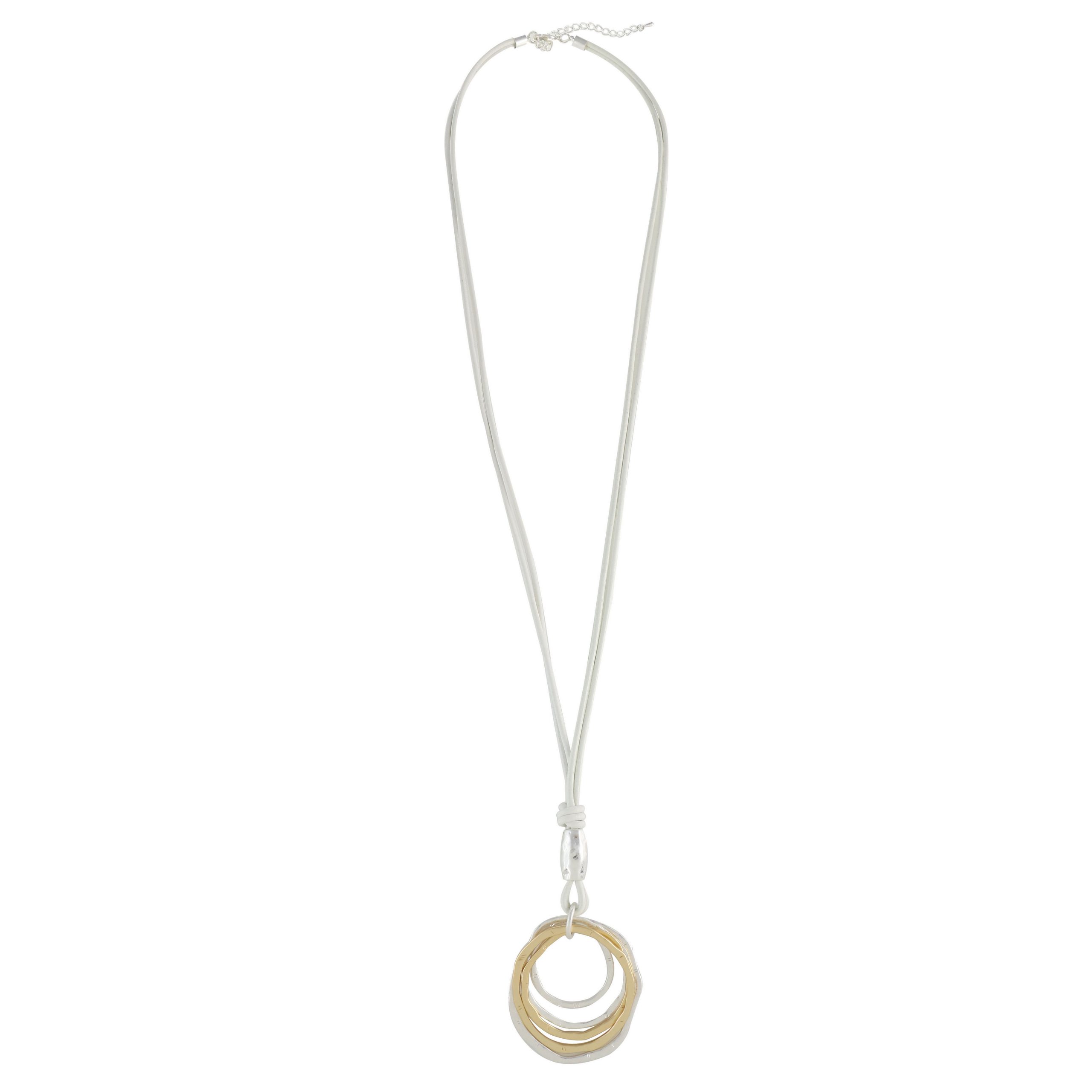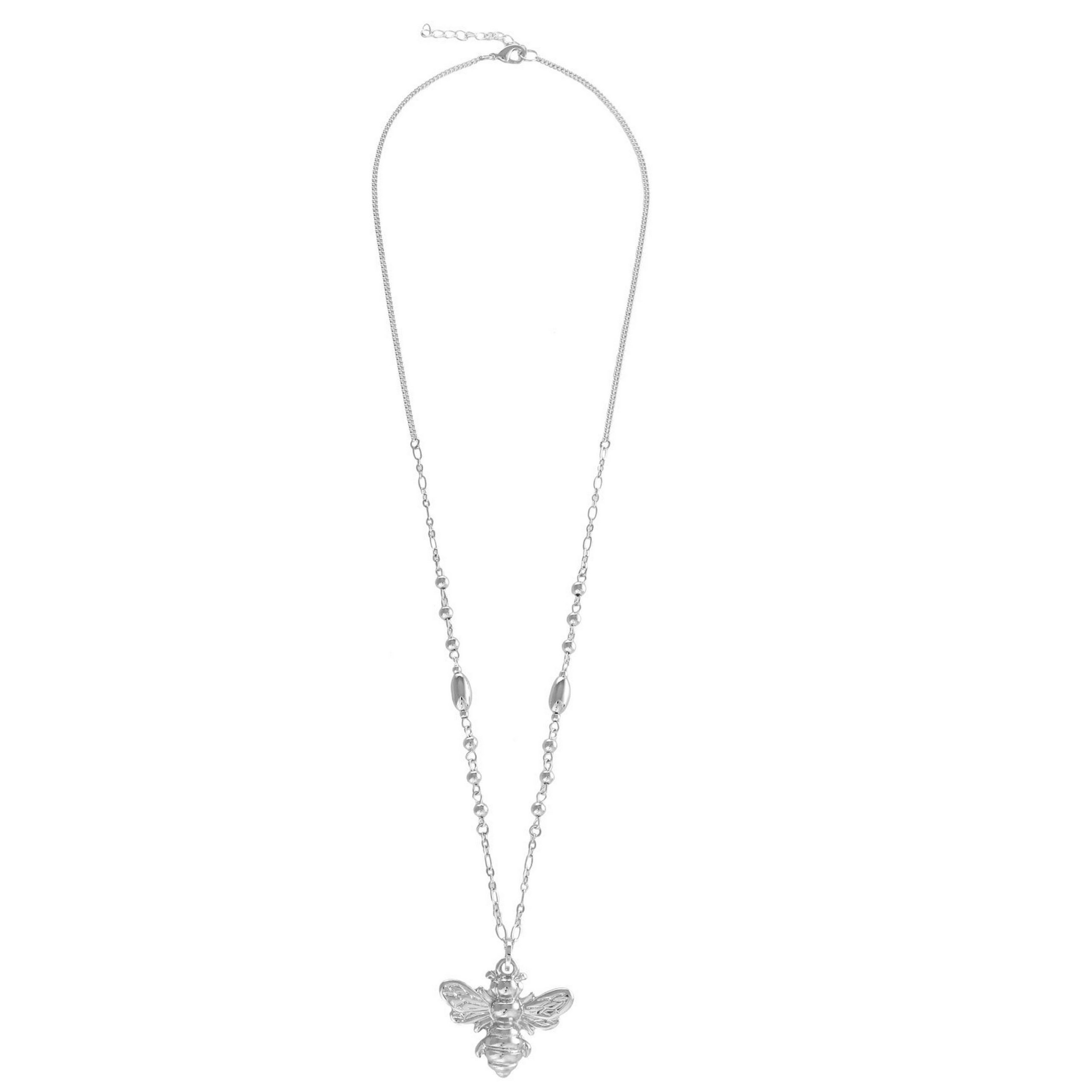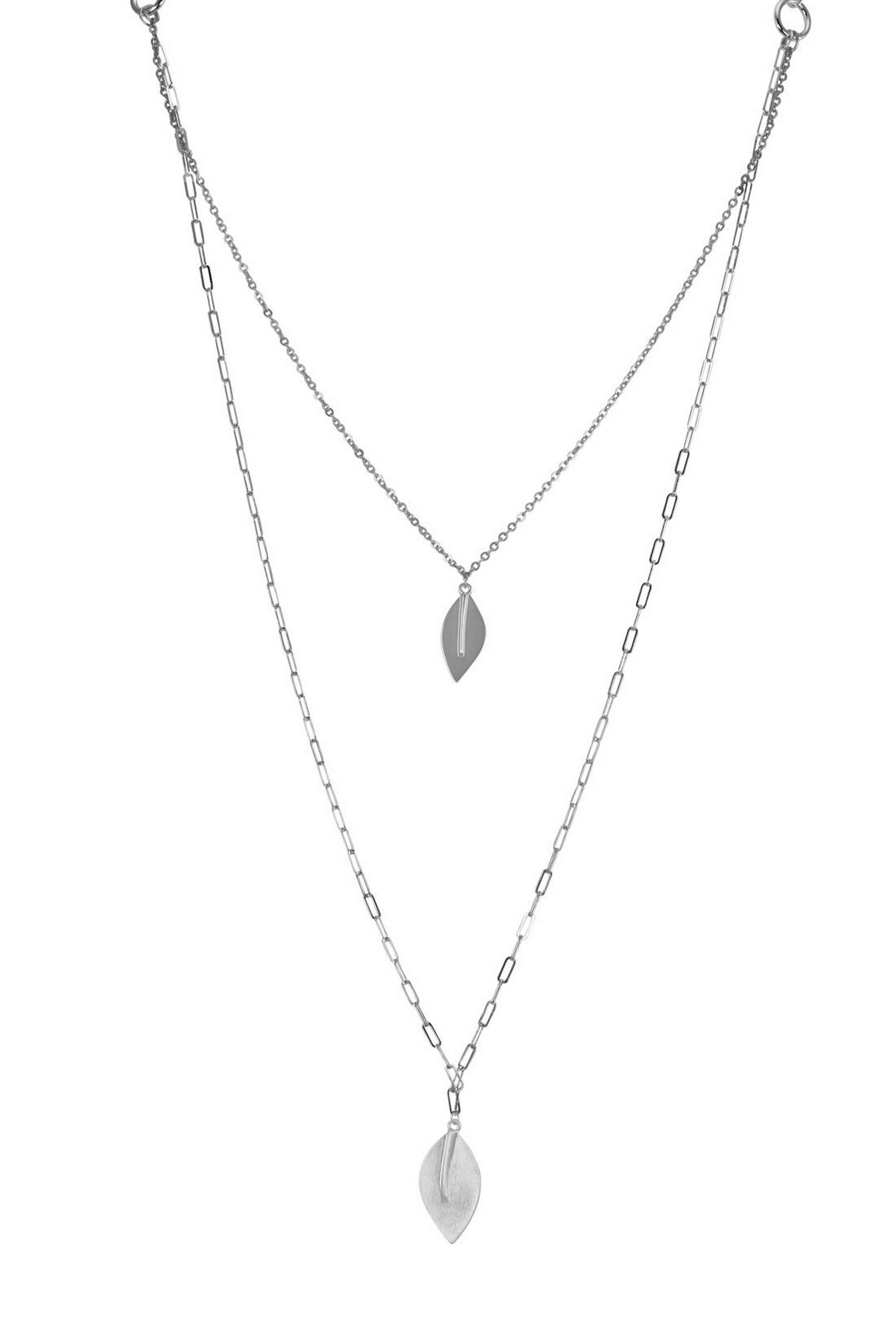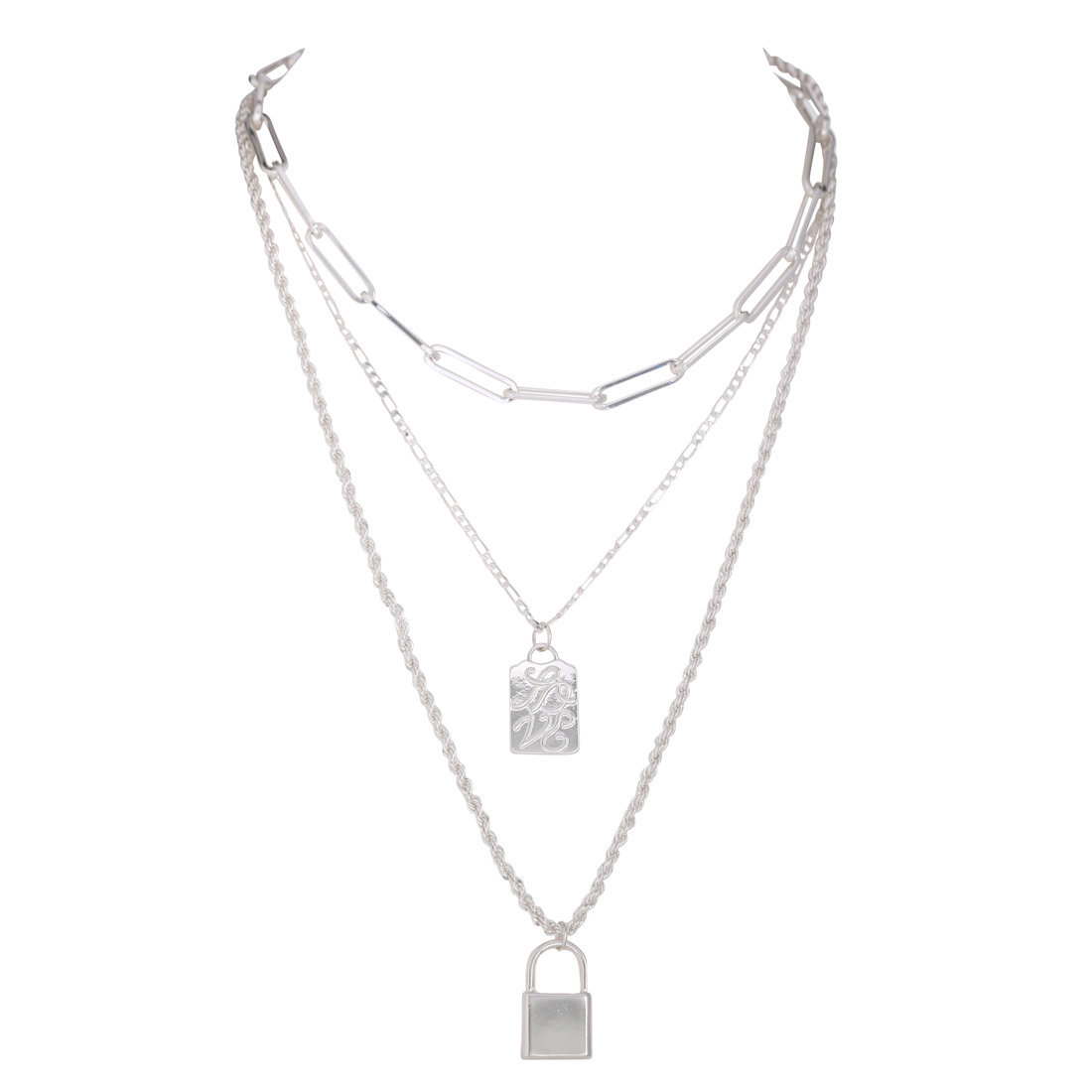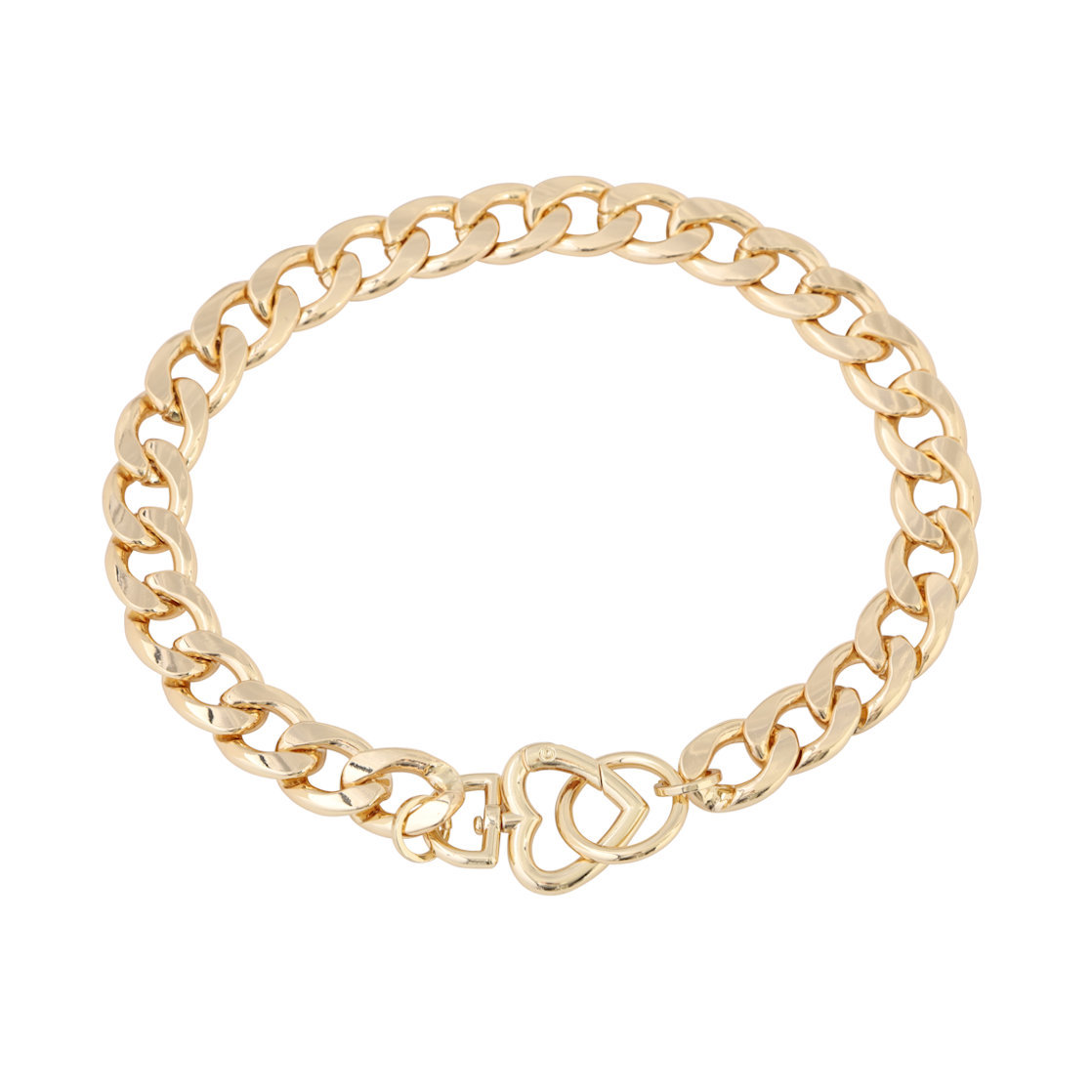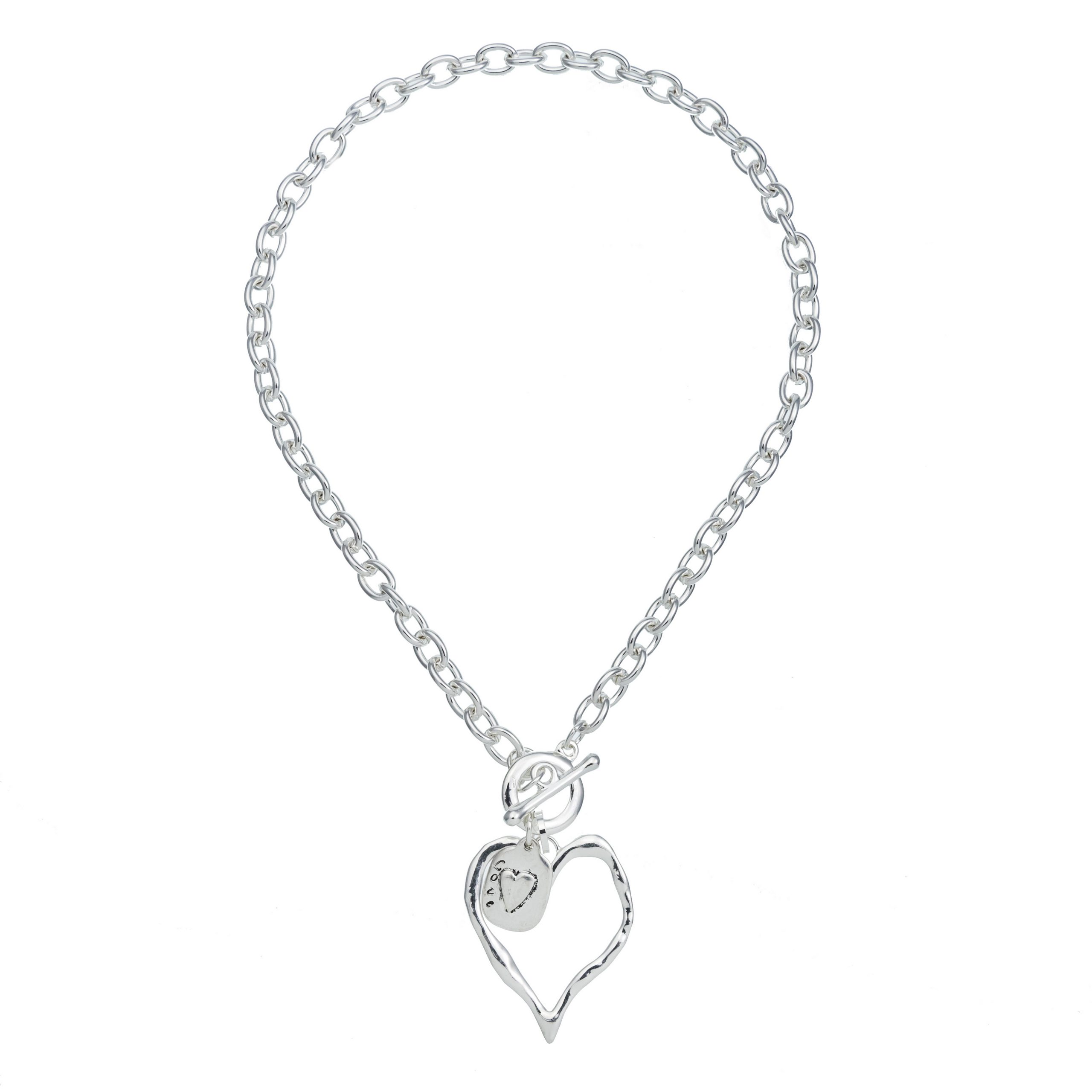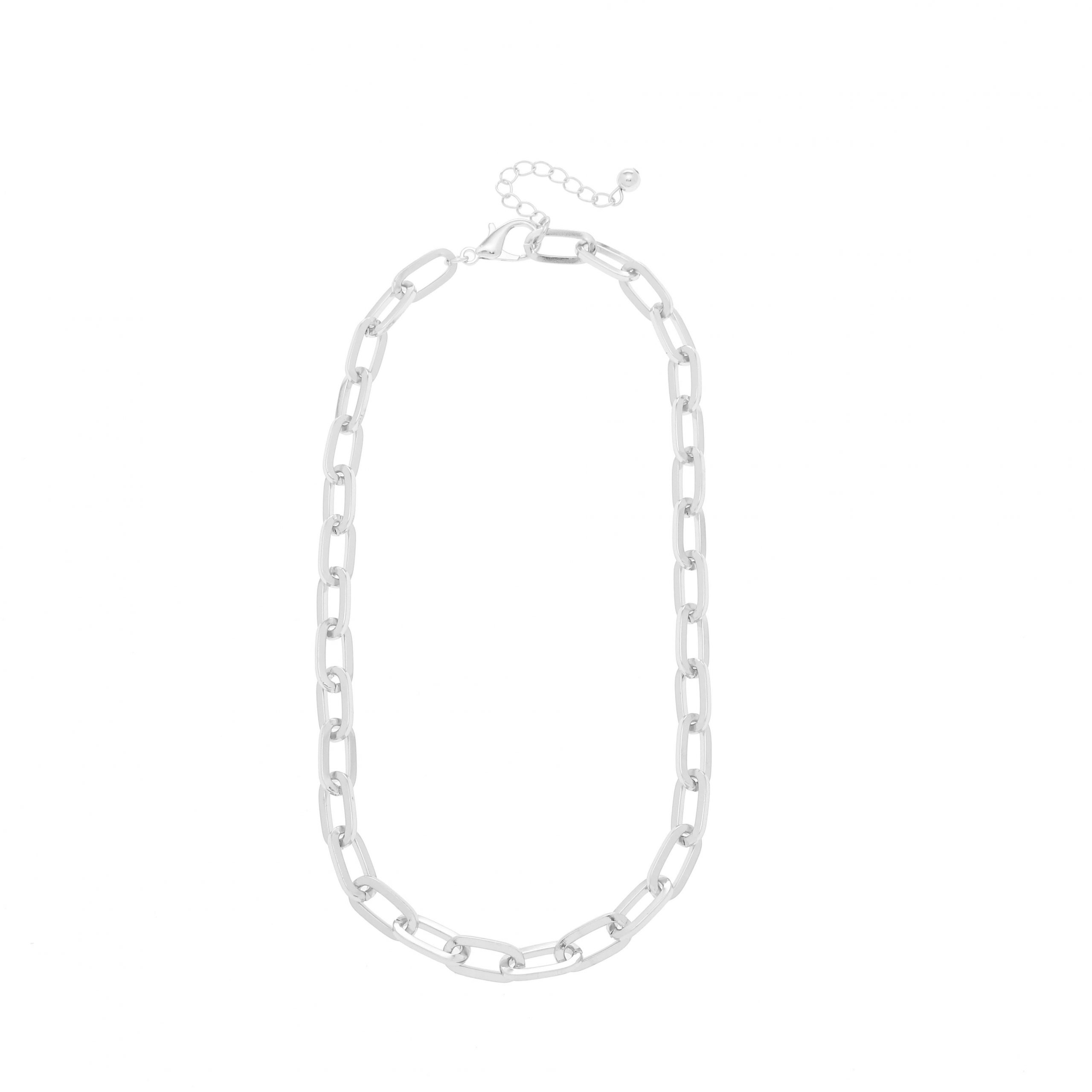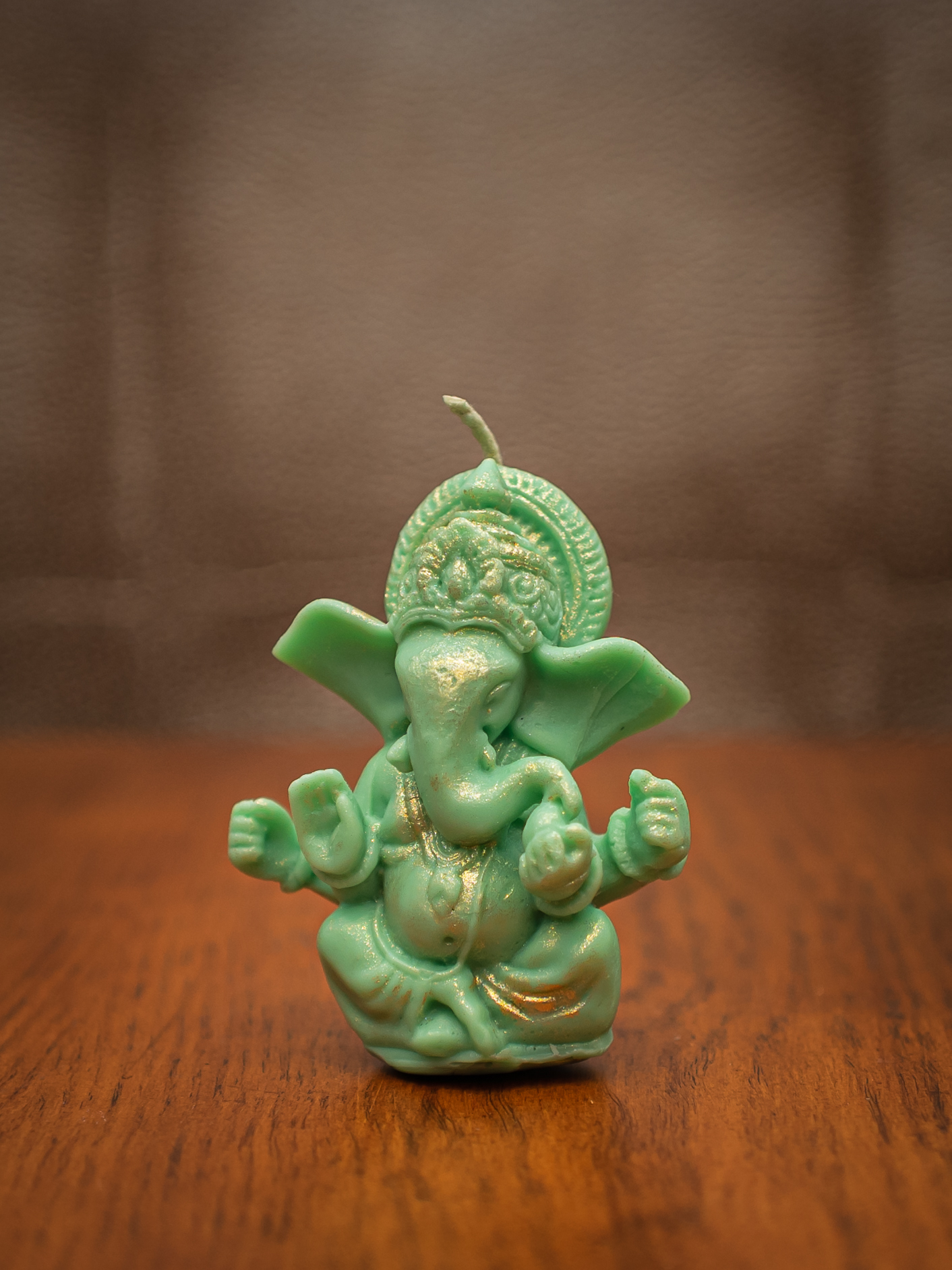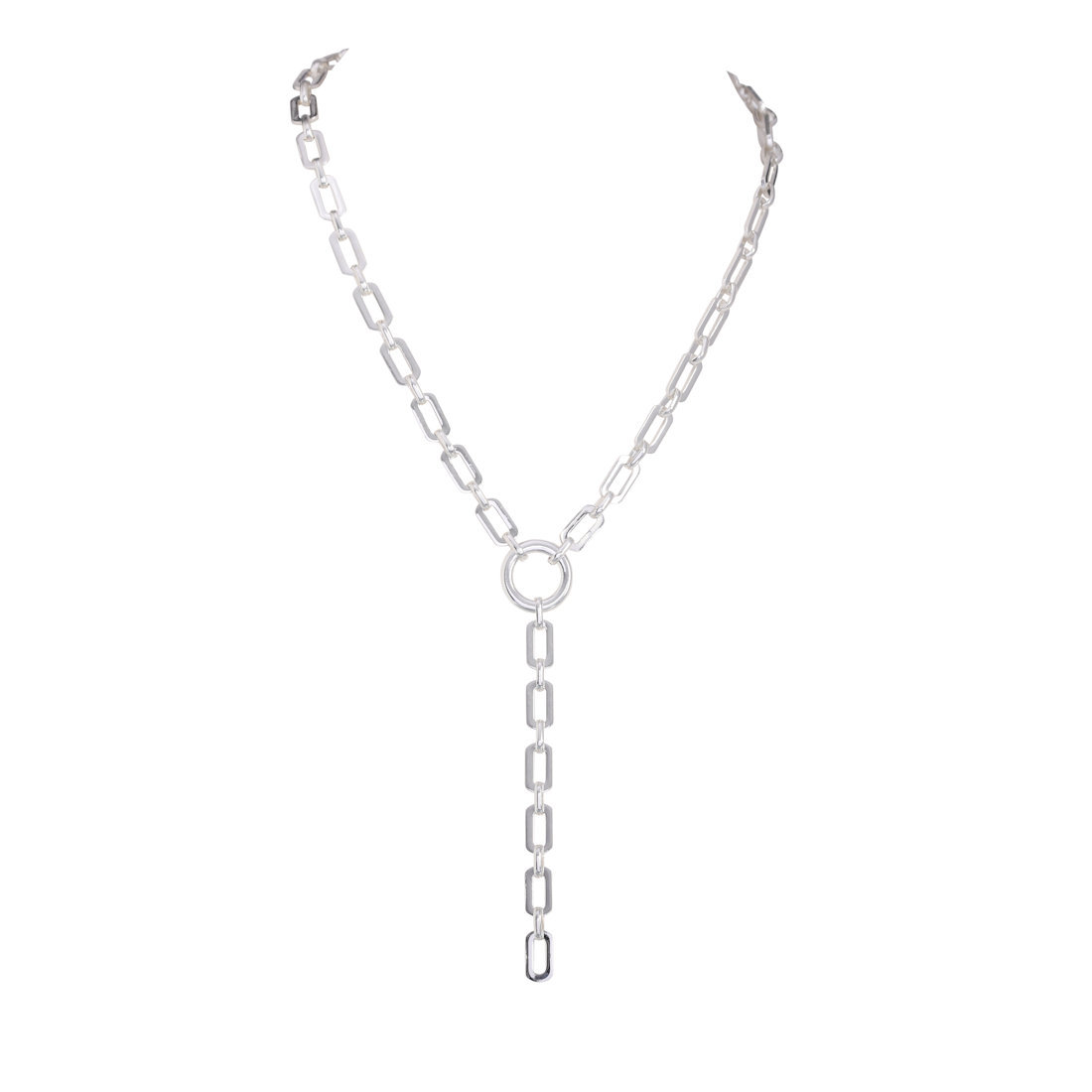October is Domestic Violence Awareness Month. I feel that it’s an extremely important month, and it’s not just because domestic violence is something I experienced first-hand. And just to be clear, it wasn’t my husband that was abusive to me in any shape or form. In fact, he was the one who got me out of a scary situation that could’ve ended much worse than it did if it weren’t for him. He was also always there to defend me during numerous and endless amount of times I was assaulted throughout our entire relationship.
If you’re surprised already just by reading the first paragraph, please don’t be. Women with disabilities are much more likely to be sexually assaulted than the women who don’t have any disabilities – mental or physical. Statistics show that overall, 1 in 4 women across the world experience sexual assault in their lifetime. If you believe that men are excluded, you’re very much wrong. 1 in 10 men experience sexual assault. I’m most certain that the numbers are higher as even less men than women open up about their experiences. I personally knew a man who was raped at the age of 19, and it was so tough for him to open up about it. The only thing that made it easier for him to open up about his personal experience was getting to know MY personal experience.
My own experience with sexual assault wasn’t just a one-time thing. But there was one specific event in my life that affected me greatly, both as a woman and as a person as a whole. That one event affected my decision making in my personal life for years. It certainly affected my future relationships and friendships for years to come. Domestic violence isn’t just something that can be forgotten in a day or two. Recovering from such trauma can take years. It’s a real grieving process. Grief, in itself, is like a moving river. It comes in waves. Coming from the victim mentality to a survivor mentality is a grieving process. You become a completely different person as you go through domestic violence. While you’re recovering, you’re grieving the person you were as you become the new, stronger version of yourself.
I was recently having dinner with a friend where we discussed domestic violence, specifically the aftermath of domestic violence. I specifically remembered the storyline in the 90’s hit series, ‘Buffy The Vampire Slayer’, where Spike attempts to rape Buffy. The viewers and fans of the show criticized the storyline of the aftermath of the sexual assault. The big backlash was that no one was interested in seeing the perspective of the person that committed the crime. Instead, they wanted to see what the victim went through in the aftermath. Ashley Judd recently got a lot of backlash too recently as she recently opened up that she met with one of her rapists as he wanted to apologize and dhow his remorse to her for his actions.
But here’s the thing….
I completely understand the judgement that comes with getting to know where a person who commits domestic violence in any shape or form comes from and getting to know their past. It coming from a person who has never been in that type of situation. I remember telling a friend years ago about my first experience with domestic violence, and her response was that she’d beat the sh*t out of him if she ever found out who that person was. She was legitimately angry and ready to punch someone.It wasn’t the response I looking for. I wasn’t looking for a response to begin with. Nor was I looking for sympathy. I was just sharing my experience with her.
It’s been more than a decade since my first experience with domestic violence. The aftermath of it all was a truly confusing experience for me. I didn’t fully understand it up until just a couple of years ago. It’s crazy, I know, but it is what it is. Though I understand the points of view of those individuals who haven’t gone through domestic violence on seeing things through the eyes of those who commit domestic violence, I don’t agree with them at all, and I think they should look at it from a different prospective. As a person who’s gone through domestic violence in more ways than one, I actually WANT to know the side of the person who’d done what they’d done.
I want to know the ‘WHY’. I want to know what went on inside the person’s head. There are are always reasons why people do what they do. Obviously, it’s not an excuse to commit such a crime no matter the reason. But reasons are reasons nonetheless. Over the years, I’d almost become obsessed with attempting to understand the ‘WHY’ of domestic violence. The conclusion I came up with was that a lot of the times, it’s not about the victims for the abusers, but rather about feeling a sense of power and control when they do the deed. Most of the time, it’s a case of the abused becoming the abuser.
I understand it probably wasn’t healthy for me to be utterly obsessed with trying to understand the mind of the person who’d done what they did to me. At the same time, though, it gave me a sense of relief. It gave me the closure that I so needed to move forward with my life and to trust myself again. It made me realize that me having gone through domestic violence wasn’t about me and wasn’t my fault. I was just there, along for the ride, and I paid the price for it.
Do I regret it?
No, most certainly not. I used to regret it. I used to be ashamed of having gone through it, and it was even more embarrassing that it didn’t just happen once. But the years went on, I realized that it was just something I had to go through in my life. Domestic violence doesn’t define me, but it certainly made me a better human and a stronger woman than I ever would’ve been. For that, I’m most grateful.
Sign up to our newsletter if you want to see more content from The Graceful Boon! By signing up to our newsletter, you'll get an even more in-depth content from yours truly, Stacie Kiselman, who's our Graceful Boon, that you won't want to miss out on.



